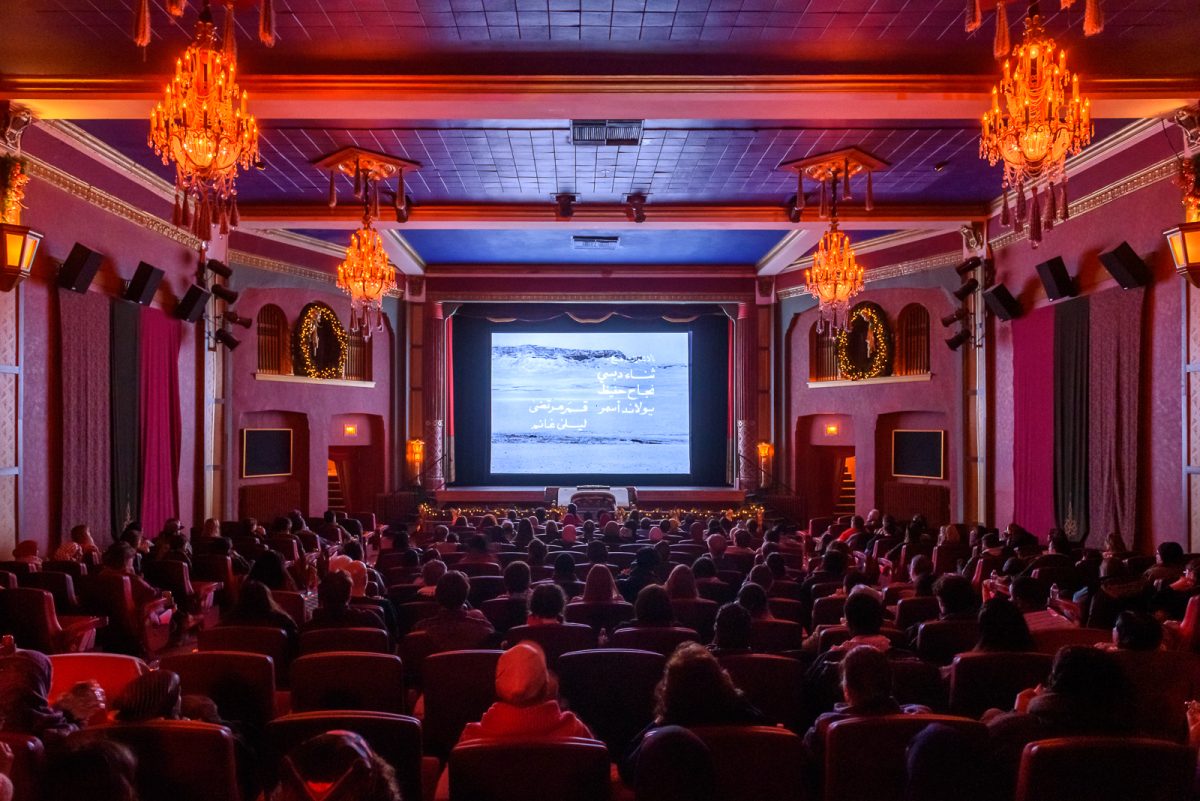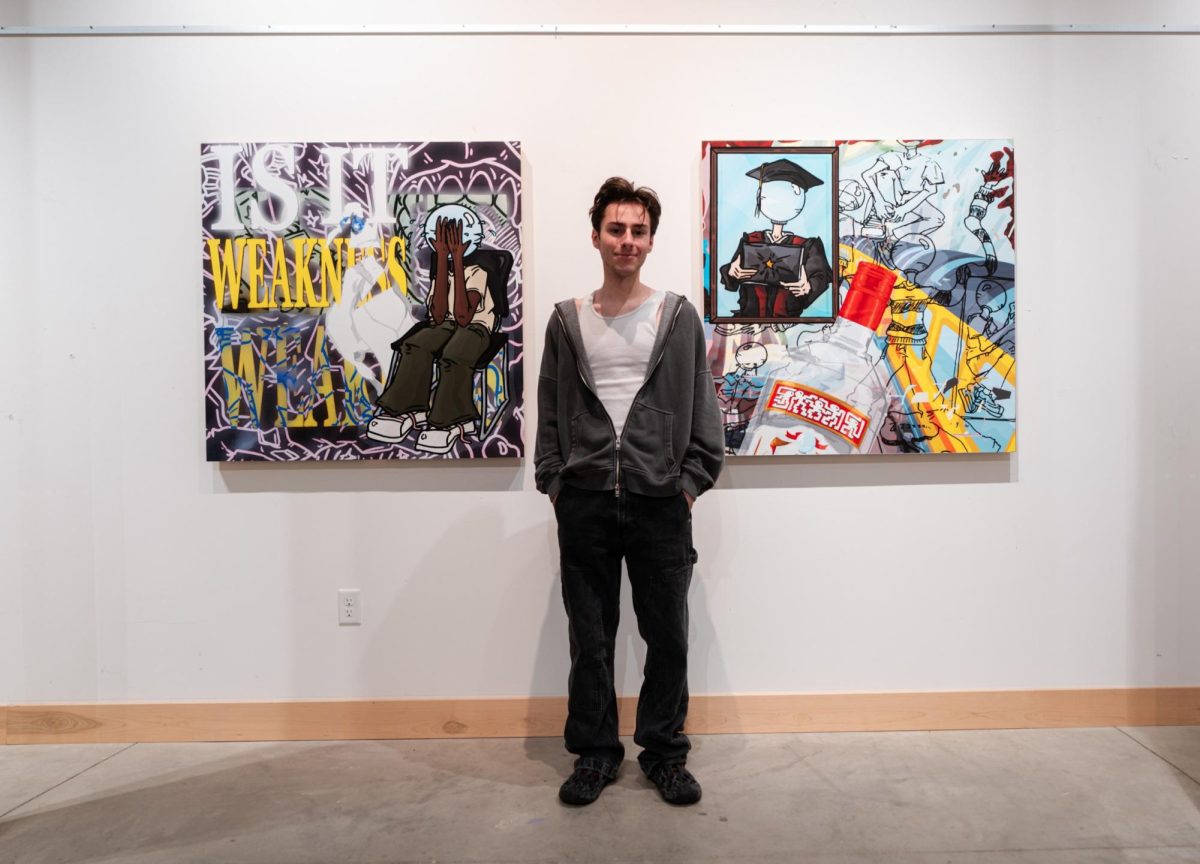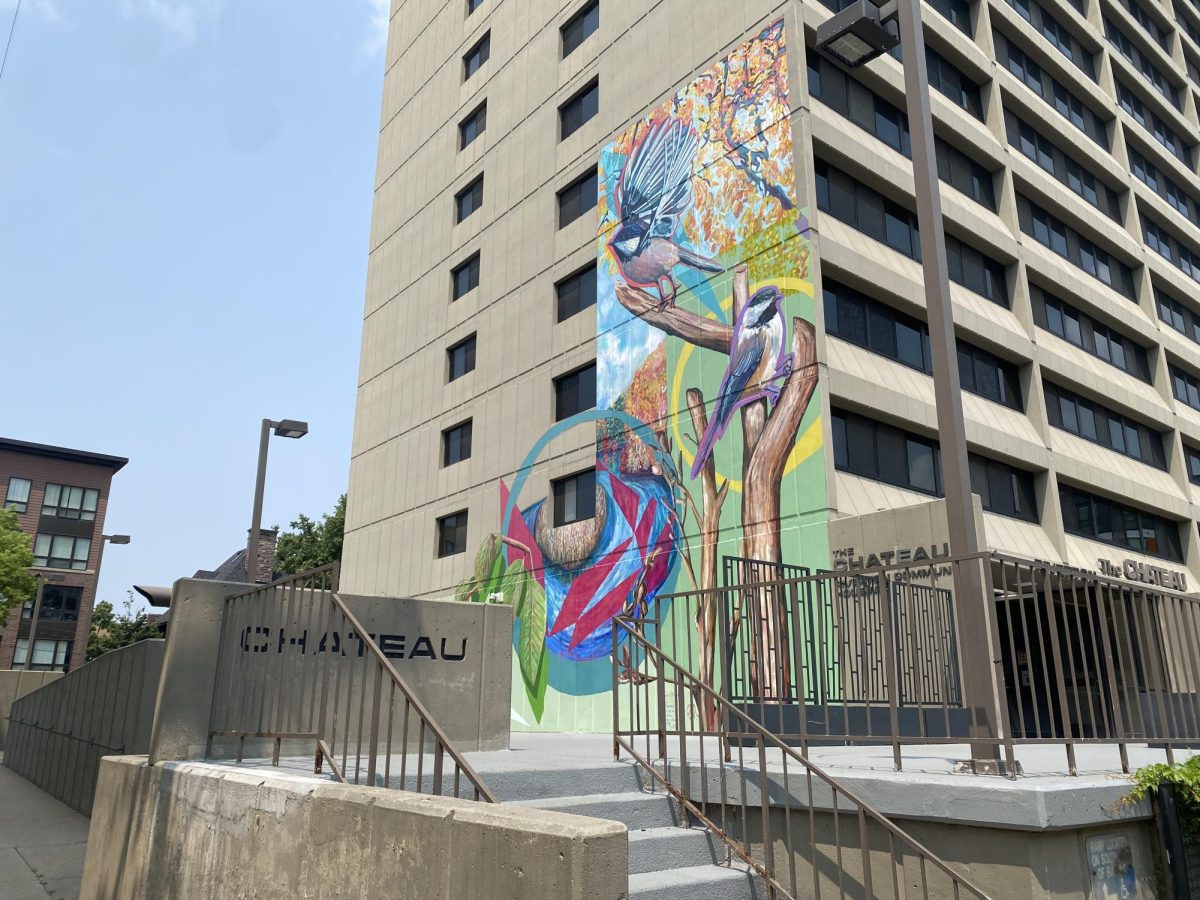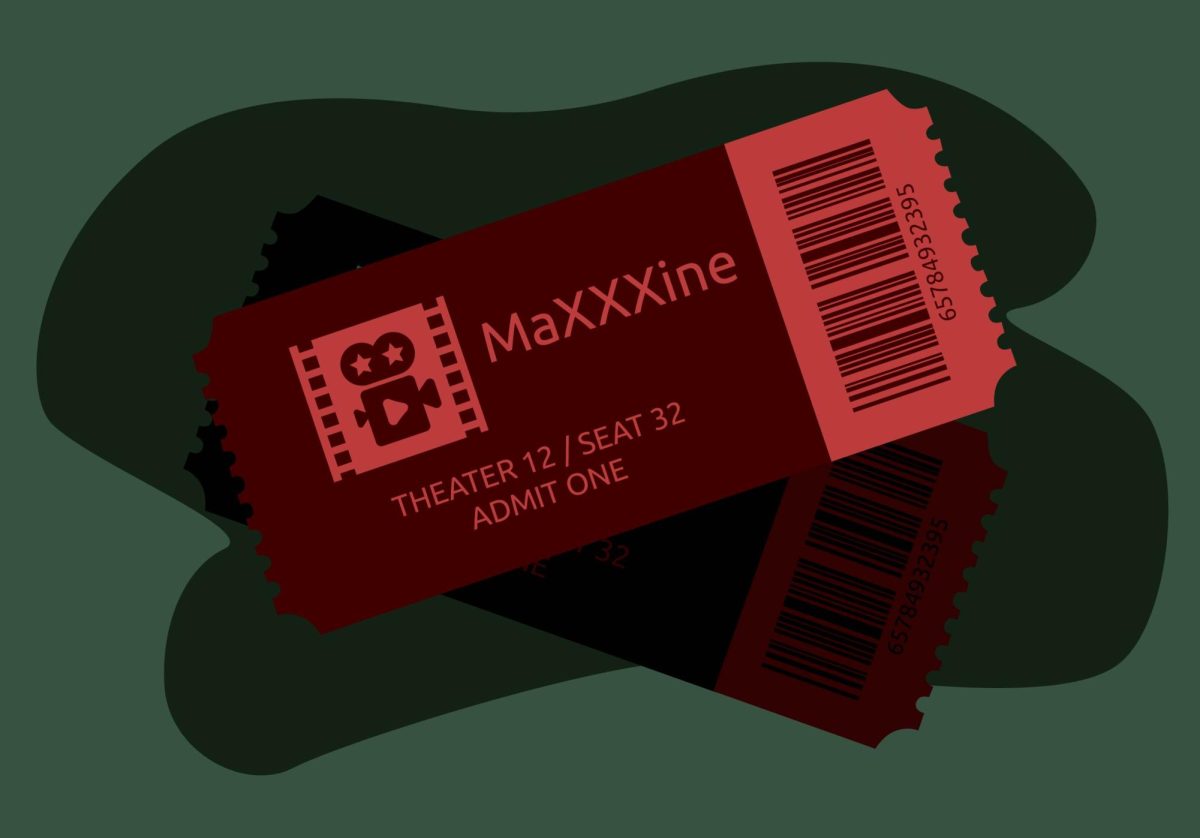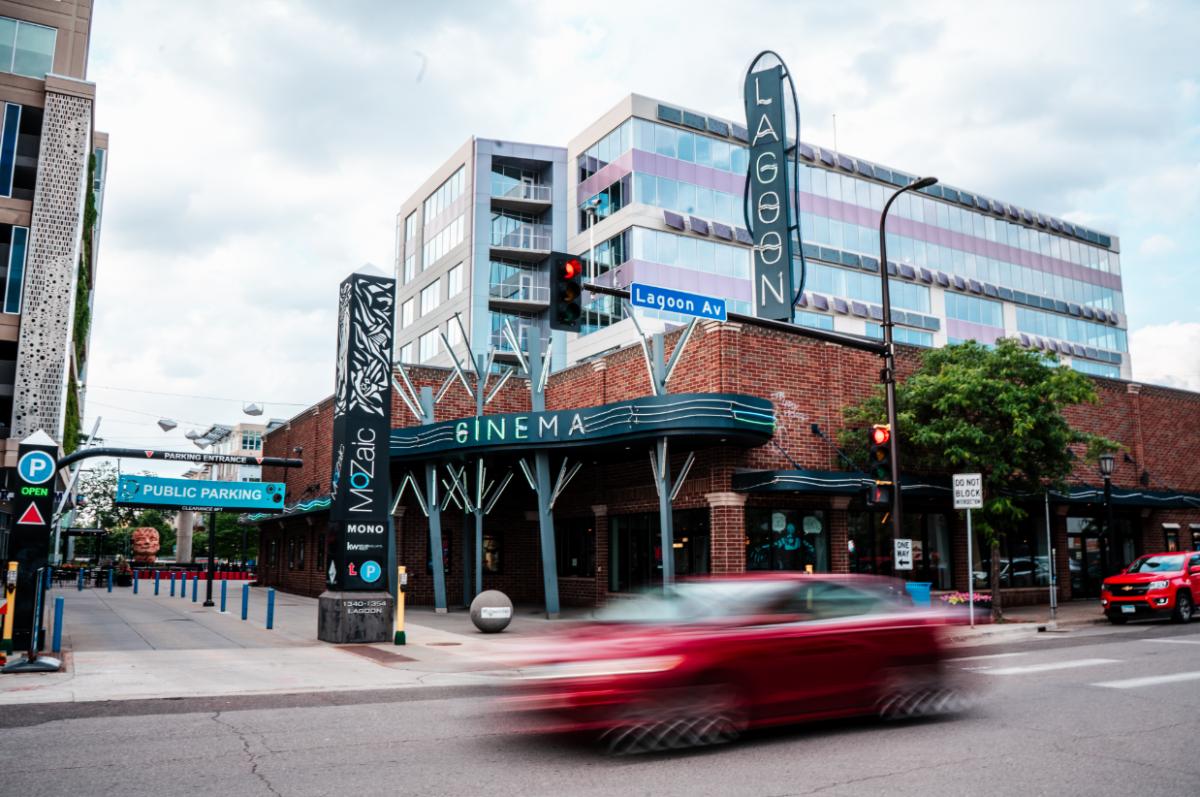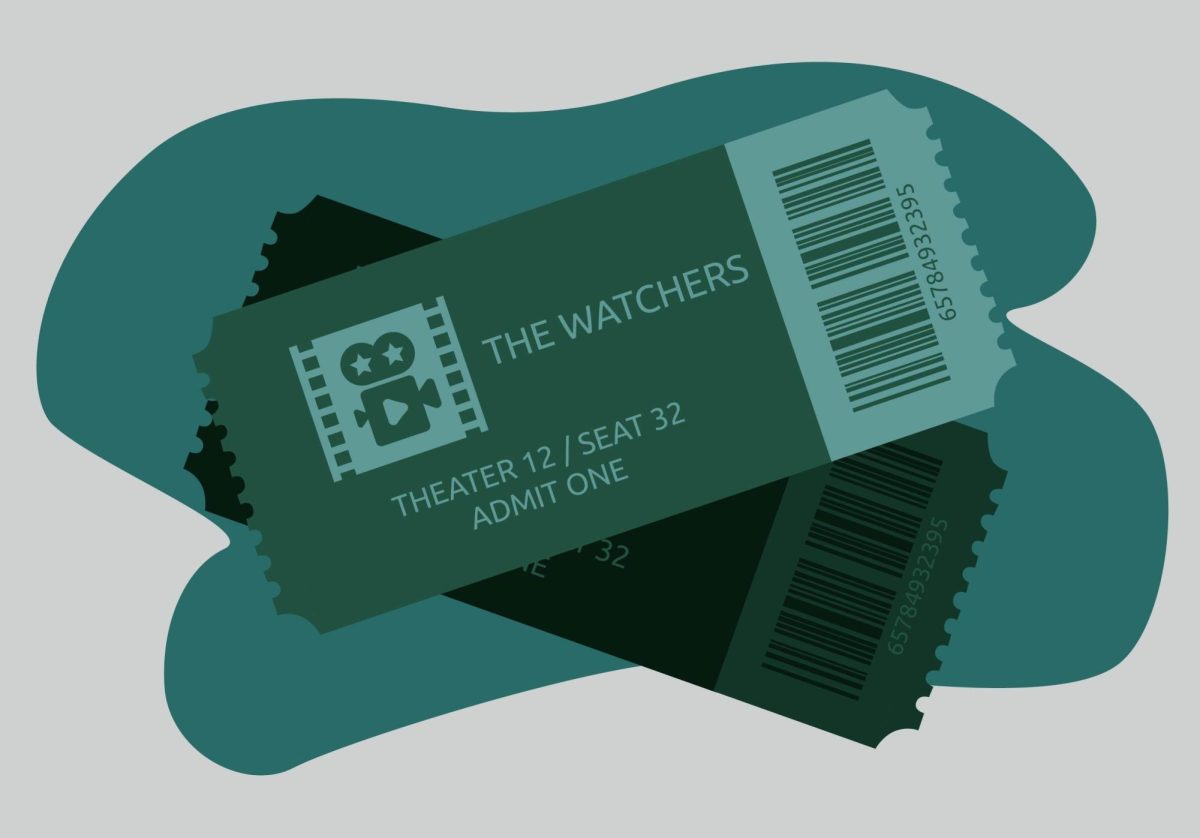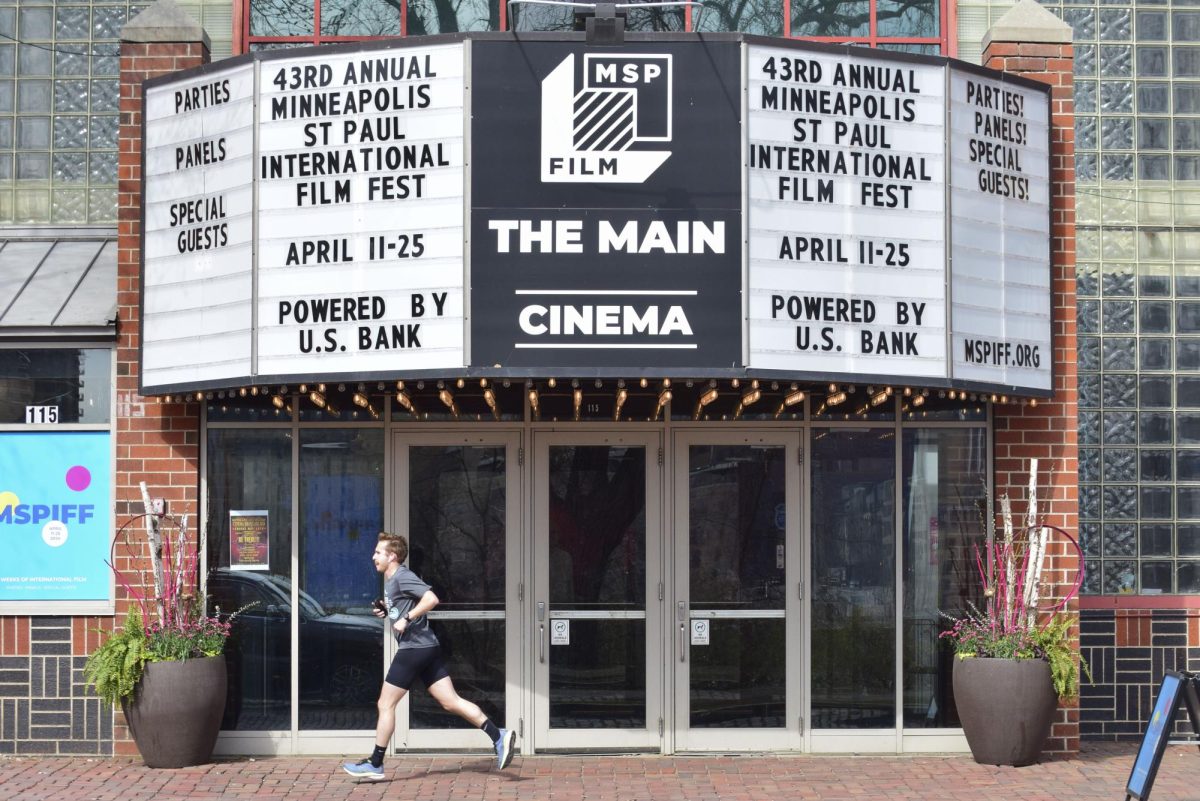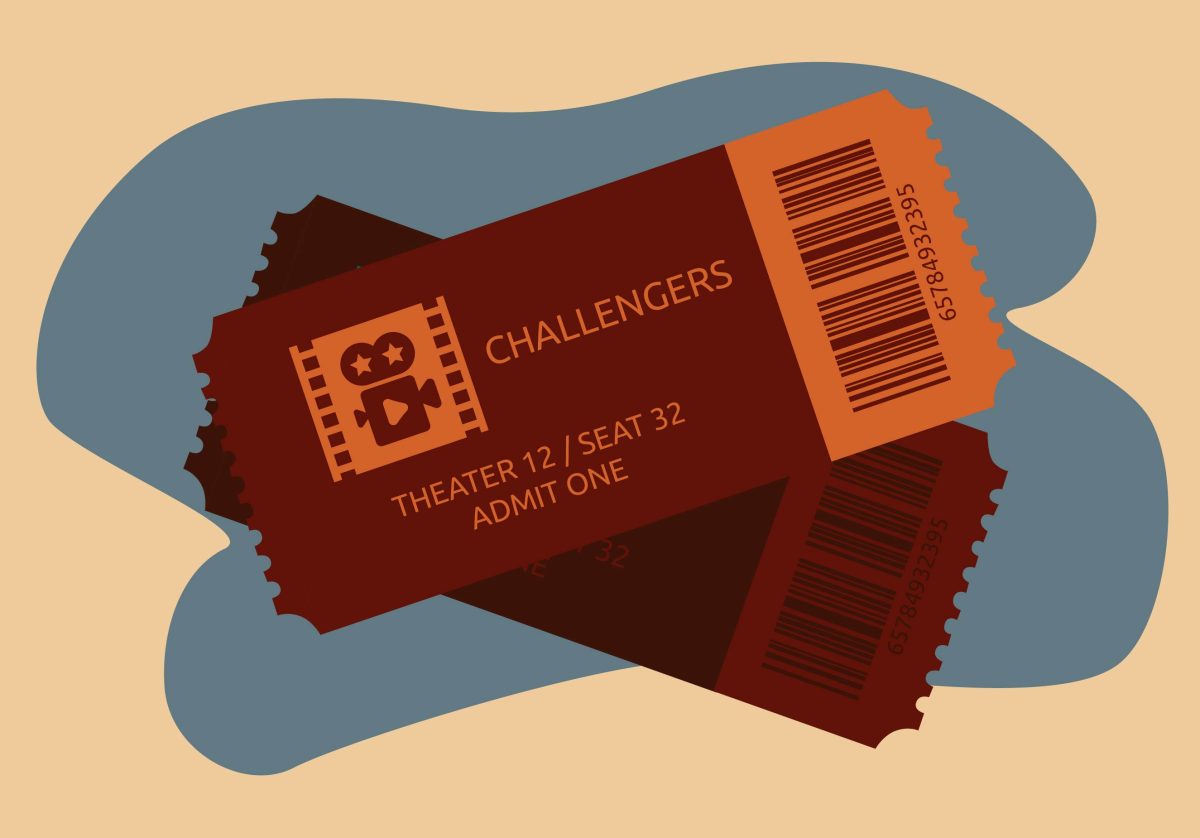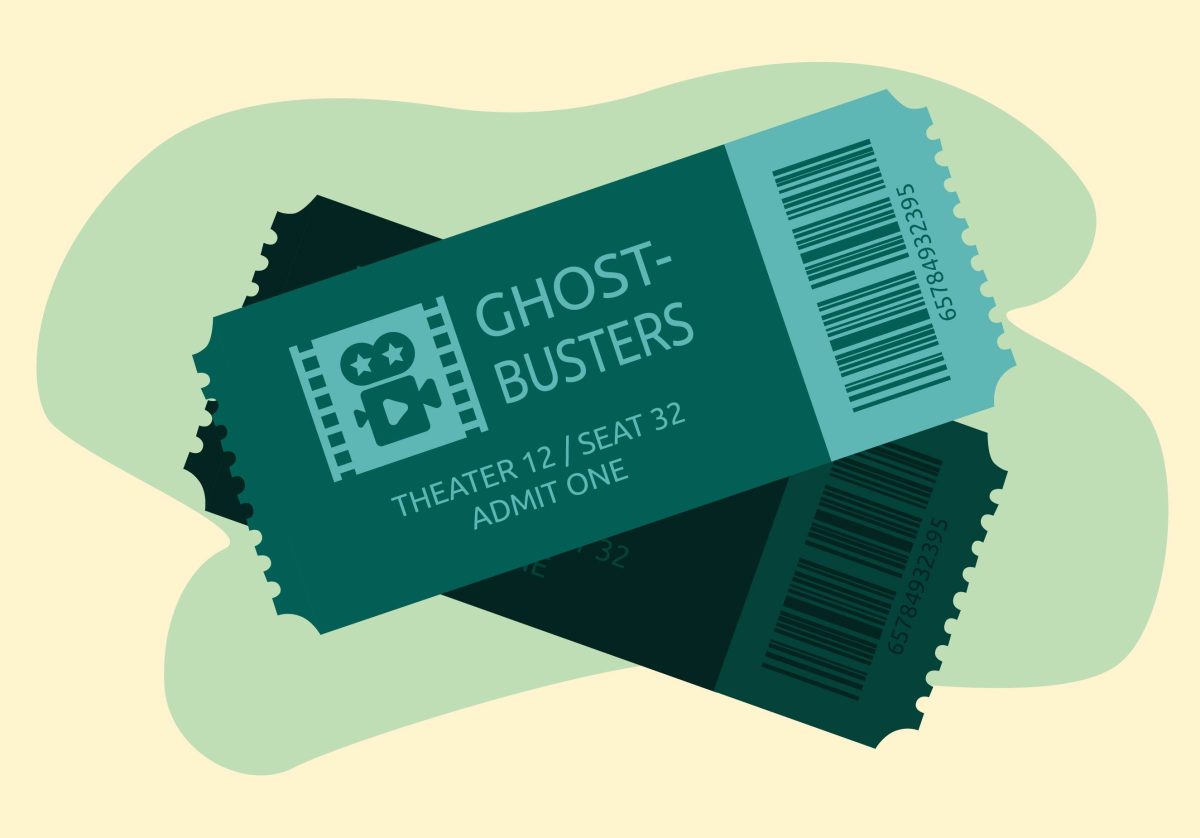Mizna, a nonprofit providing a platform for art, literature and film by Southwest Asian and North African (SWANA) artists, is screening or sponsoring showings of several Palestinian films throughout February to uplift Palestinian stories that aren’t normally told in mainstream media.
The ongoing Israel-Hamas conflict, which dates back decades, has resulted in the deaths of thousands and the displacement of nearly two million Gazan residents. This conflict has not only led to devastating losses in human life, but it has also caused negative dialogue and depictions surrounding Palestinians and Arab people as a whole.
According to Lana Barkawi, the executive and artistic director at Mizna, US and Western media often portray these communities in dehumanizing and vilifying ways that further perpetuate harmful discourse.
“The work is always about revising and updating and allowing Arab and SWANA folks’ voices to be amplified and change narratives that are persistent in our culture, particularly over the past four decades or so,” said Michelle Baroody, Mizna’s film programming curator.
As part of this year’s quarterly Mizna Film Series, many of the films the organization is screening center around SWANA women who created films about uprisings or gender and sexuality.
While Mizna tends to show contemporary films in their other programming, the Mizna Film Series allows them to share older films that were considered lost, especially in places like Palestine.
“The Mizna Film Series is a place where we can show a lot of recent restorations of archival cinema or just films that have [been] thought to be lost and have been found,” Baroody said.
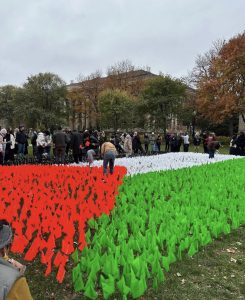
For the first segment of the 2024 film series, the organization will screen “Palestinian Women” on Feb. 28 at the Trylon Cinema in Minneapolis. The recently restored film by Lebanese director Jocelyne Saab is about Palestinian female resistance fighters. The documentary is being shown before “The Hour of Liberation Has Arrived,” a film by Heiny Srour about another woman-led uprising in Oman.
Mizna will also be sponsoring a screening of “Bye Bye Tiberias” Thursday at the Walker Art Center. The documentary, which had its world premiere last September, follows Palestinian actress Hiam Abbass who left her village to pursue acting. Thirty years later, Abbass and her daughter, Lina Soualem, who also directed the film, return to her village and explore her initial choice to leave and the influence of Palestinian women in their family.
“Leila and the Wolves,” also by Srour, will also be co-sponsored by Mizna and The Main Cinema will show it on Feb. 16. The narrative film follows a woman who travels back in time and moves through Palestinian and Lebanese resistance movements.
While Mizna doesn’t exclusively showcase Palestinian artists and stories, Barkawi said they are doing more Palestine-related programming than normal because of how necessary and urgent it feels due to continued Israeli bombings in the Gaza Strip.
“We are using our platform as an urgent space to center Palestinian cultures, center Palestinian voices telling stories on their own terms,” Barkawi said.
Omar Aly, a fourth-year at the University of Minnesota, serves as the social media and marketing chair for Students for Justice in Palestine (SJP).
In the past few months, SJP has held bake sales, solidarity and unity events with other University student groups and placed 10,000 flags in the shape of the Palestinian flag in the Northrop Mall that named the lives lost in Gaza.
According to Aly, after the flags were put up in the mall, Mizna was able to turn the display into an exhibit called “Bear Witness: Honoring Gaza’s Martyrs” which was shown at Public Functionary in northeast Minneapolis last December.
Aly said SJP and Mizna have very different kinds of programming, with the former focusing on education and taking to the streets and the latter centering arts and culture. Despite this, Aly thinks the organizations “complete each other” in their activism because they can appeal to the most amount of people possible.
“I think it’s very important for that type of culture and for that type of work to keep going and to actually expand and grow further,” Aly said. “Without it, it’s kind of like you’re deleting the past.”
While activism in the form of art, literature and film can often be overlooked, Baroody said it can humanize groups of people and provide more depth to their lived experiences than media outlets can provide.
“Art and culture and film and poetry and literature allows people to speak in so many different ways and give people a voice in ways that are just so much more humanizing and so much more important in many instances than the kinds of things that you might see in the news media,” Baroody said.
To learn more about Mizna’s programming, visit their website.










